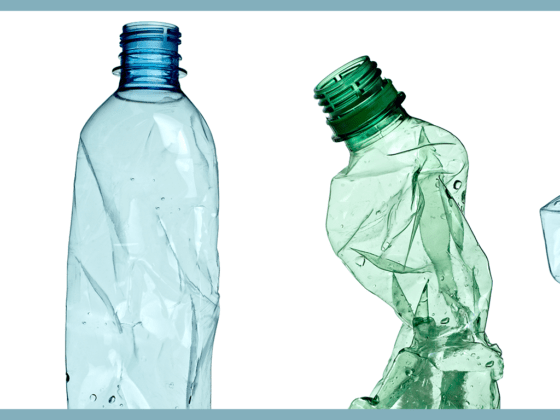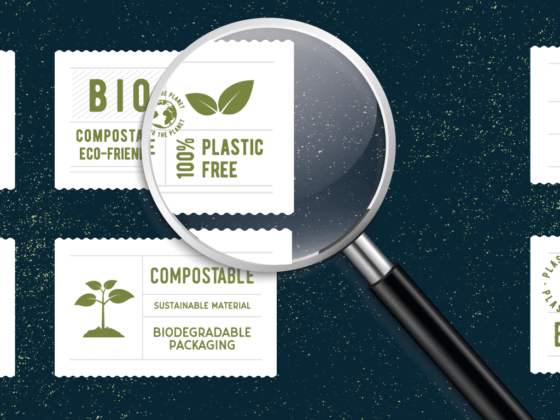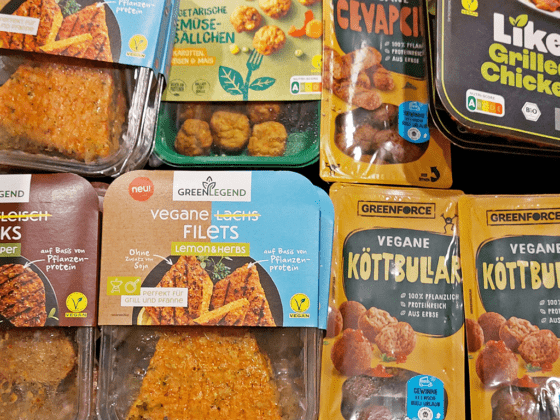ATTITUDE WITH BISS
The epitome of a waste of time are discussions with stubborn climate change deniers about the climate crisis. Apart from irrefutable scientific findings, one’s own eyes, combined with a minimal portion of intellect, are enough to understand: All of the worn-out descriptions from five to 12 to five past 12 no longer apply in this context. It is worse. Or, to use the ancient metaphor, the 12 o’clock alarm has been ringing for hours, and no one is listening. The climate catastrophe has long since occurred. The historic heatwave summer, the remaining rivulet of the Rhine, deadly forest fires in the Harz mountains and around mine in Brandenburg, and, most recently, biblical storms on Crete, all send their regards.
Nevertheless, every tiny measure that could help our climate is being discussed to death. Potential measures are tossed around like hot potatoes, with everyone pointing at the others. In the end, nothing is implemented. That makes me angry. Here are a few examples.
First comes flying, racing and eating – then the morality
The renunciation of domestic flights would not have a great impact, reported SPIEGEL at the beginning of November. After all, long-haul flights would burn disproportionately more kerosene (no way!). The consequence, according to SPIEGEL, is that a ban on domestic flights would not be profitable. So we continue to fly from Berlin to Munich. And we can also go on vacation cheaply: On the first weekend in November, Eurowings offered a flight from Berlin to Mallorca for 39.99 euros. Climate crisis? With such prices, we postpone the problem to next week.
Tempolimit on highways. Brings nothing, says the Minister of Transport, besides, according to the FDP (Germany’s Free Democratic Party), we have no time for ideological debates – nor are there enough 130 km/h speed limit signs. So we continue to race and burn valuable raw material at 200 kilometers per hour, while elsewhere the heaters are turned down.
Discounter flogs ladies’ jeans for under eight euros
One textile discounter is currently advertising women’s jeans for – watch out! – seven euros and 99 cents. Again in numbers: 7.99 euros. The ecological and social damage caused by such cheap textiles is immense. Just under eight euros are not enough to produce a garment in Asia in a climate-neutral way, to pay the workers fairly, and to transport the product across the Indian Ocean, the Red Sea, the Mediterranean, and the North Atlantic to Germany. The concepts of durability, absence of harmful substances and recyclability do not appear in the value chain anyway.
Portioned fruit in plastic – the mind goes blank when it comes to grocery shopping
There are still chilled and bite-sized portions of fruit in disposable packaging made of high-quality plastics lying right next to the fruit department. A few minutes after eating them, we throw them away in the residual waste after which they pass away forever in the nearest incinerator. Because we stumble across cheap and freshly packaged pork neck cutlets (husbandry level two out of four) on the way to the checkout and pack the practical “thirst quenchers” (water, syrup, sugar and a touch of fruit juice concentrate) in the practical Tetra Pak, we get a reusable plastic bag with it at the checkout. At home, this bag ends up in the bag graveyard. There it is also during the next purchase still, safely stored.
Climate disaster does not wait for peace and stable markets
No, we here at flustix are no angels either and by no means do everything right. However, what I expect from my team and from me: we must develop and promote new ways of thinking and acting. The climate catastrophe takes no account of whether Russia is waging war in Ukraine and the markets are going crazy. Temporarily suspend the transformation toward climate neutrality? We can’t afford that. It makes me feel as if some companies are sitting like rabbits in front of the snake, hoping that everything will go well if you just keep as quiet as possible.
Three thoughts I would like to share with you.
Everyone bears responsibility and can help
Everyone bears responsibility for the future. It is not a question of whether someone runs a company or stands as a consumer at the fresh produce counter: every step, every deed, every changed behavior helps. We don’t need to calculate whether “abstinence” is worth it. Just do it. The possibilities are limitless: a bike instead of a car, a train instead of a plane, times more vegetables than daily meat, unpackaged fruits and vegetables instead of the shrink-wrapped comfort bowl, dry soap instead of shower gel and so on.
Does not help? Of course, it does a little. Especially if more and more people join in. Even a small step is a step forward.
Impact instead of profit: companies learn new ways of doing business
Companies that demonstrably contribute to climate protection have a clear advantage. This is proven by various studies. The Green party’s financial expert Katharina Beck, the financial policy spokeswoman of the party, has just published a book (“Green Ferry”) in which she sets out her theses on the compatibility of sustainability and economic success. The core thesis: Impact First instead of Profit First – sustainable economic activity within planetary boundaries has more success in the mid-term than squeezing the already juiceless lemon even further. You do not need the Green party’s book to understand Beck’s thoughts..
Value chains must function in cycles
My third thought: No matter what we produce: Value chains must be closed again at the end. Already during the development of a product, waste avoidance and recyclability have to be planned for. Zero waste is not a green crank slogan, but the basis for sustainable business. Re- and upcycling are not options, but obligations. Everything that is produced for disposable use must, ideally, vanish into thin air after use. And if that does not work, at least be compostable or recyclable.
It is precisely in this area that we at flustix have developed our greatest expertise on. I am also a bit proud of that. When we started five years ago, I myself was not yet aware of the challenges that lay ahead of us. Today, I start every day with the resolution to take down at least a small piece of the insane mountain described above. In the evening I am happy about every step forward. Would be good if you all join in.
Yours, Malte Biss
 English
English Deutsch
Deutsch




